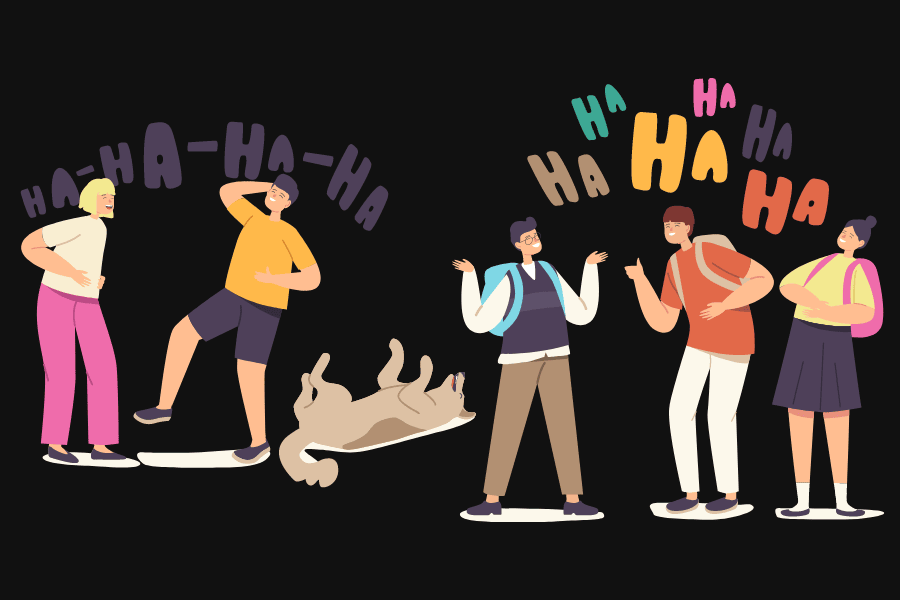1. What Is Observational Humor?
- Observational humor is a comedic approach that highlights the quirks, absurdities, and idiosyncrasies of everyday life. It involves keen observation and the ability to find humor in common experiences that people can relate to. Comedians like Jerry Seinfeld, Louis C.K., and Ellen DeGeneres are known for their observational humor.
2. Everyday Situations as Comedy Gold:
- Observational comedians often draw humor from ordinary situations such as waiting in line, going to the grocery store, dealing with technology, family dynamics, and navigating social norms. These topics are universally experienced, making them relatable to a broad audience.
3. The Power of Relatability:
- The humor in observational comedy lies in the shared experiences of the audience. When a comedian points out something that everyone has encountered but never quite thought about in the same way, it triggers laughter through recognition and relatability.
4. Challenging Norms and Assumptions:
- Observational comedians often challenge societal norms and assumptions, making their observations humorous and thought-provoking. By shedding light on the absurdity of certain behaviors or expectations, they invite the audience to see the world from a different angle.
5. Timing and Delivery:
- Successful observational comedians have impeccable timing and delivery. They create a setup and build anticipation, then deliver an unexpected punchline or perspective that catches the audience off guard, resulting in laughter.
6. Finding Universality in the Specific:
- While observational humor is grounded in the specific and mundane, it has a universal appeal. It shows that there is humor in the details and idiosyncrasies of daily life that connect us all.
7. Everyday Language and Gestures:
- Comedians often point out the peculiarities of everyday language, gestures, and social interactions. They emphasize how these subtleties can be amusing when closely examined.
8. Self-Deprecation:
- Self-deprecating humor is a common element in observational comedy. Comedians often poke fun at their own quirks, flaws, and experiences, making the audience feel less alone in their own eccentricities.
9. Social Commentary:
- While observational comedy focuses on everyday situations, it can also serve as a form of social commentary, highlighting issues like consumerism, technology addiction, and societal pressures.
10. Escape and Connection:
- Observational humor provides an escape from the stresses of daily life while also fostering a sense of connection. Audiences laugh together at the shared experiences and realizations presented by the comedian.
Observational humor is a celebration of the mundane, offering a fresh perspective on the world's everyday intricacies. It shows that even in the most ordinary aspects of life, there is humor waiting to be discovered, and that laughter can be found all around us, just waiting for the right person to point it out.




Comments (0)